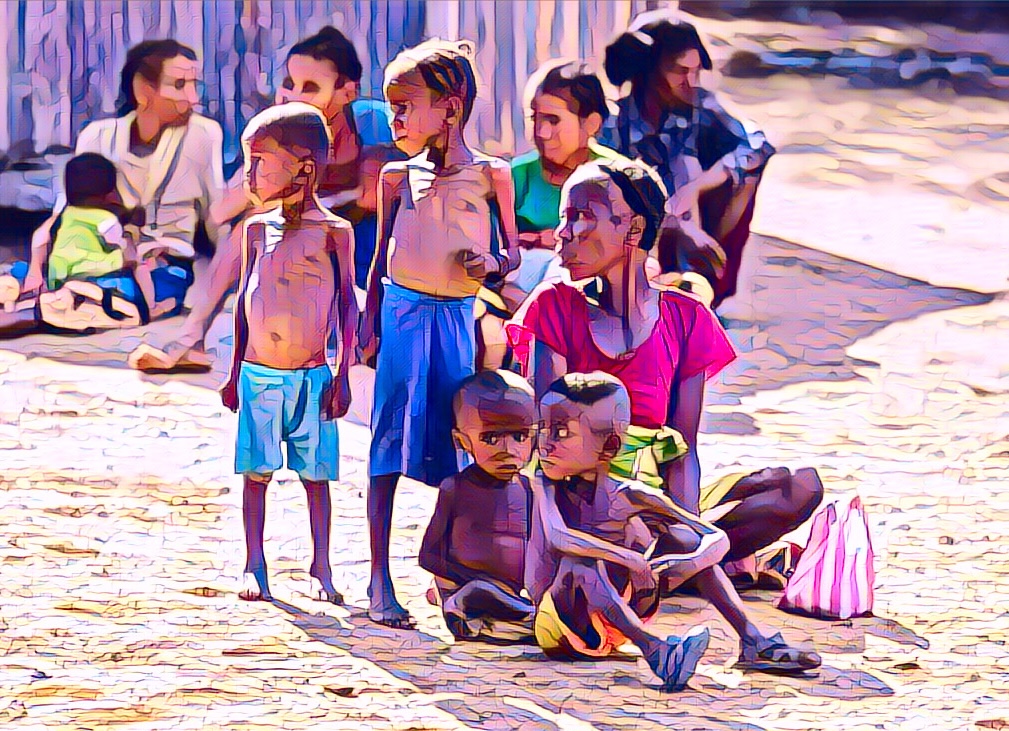A recent survey on the health of schoolchildren in Ghana has uncovered a troubling trend: girls are suffering from malnutrition, particularly anaemia, at much higher rates than boys. The survey, conducted in four regions of the country, highlights a significant public health issue that needs urgent attention.
The survey, carried out between October and November 2022, revealed that the rate of anaemia among girls is twice as high as that among boys. Specifically, 22% of girls suffer from anaemia and iron deficiency, compared to 11% of boys. This finding indicates that malnutrition, especially among adolescent girls, is a growing concern that cannot be ignored.
The results were presented at an event organized by the Ghana Health Service (GHS) to share the findings of the 2022 Girls Iron Folate Supplement (GIFTS) impact assessment programme. The GIFTS programme, which started in 2017, aims to improve the health and nutrition of adolescents across Ghana by providing iron folic acid tablets to girls and health education to both boys and girls.
The GIFTS programme is a collaborative effort led by the GHS, with support from organizations like UNICEF, the World Health Organization, and the US Centers for Disease Control and Prevention (CDC). It focuses on educating adolescents about the importance of good nutrition, preventing anaemia and malaria, and promoting healthy hygiene practices. The programme also distributes iron and folic acid tablets to girls, helping them combat anaemia and its effects.
The survey was conducted in 240 schools across the North East, Upper West, Ashanti, and Greater Accra regions. These regions were chosen because they represent different ecological zones in Ghana, including the northern savannah, the middle forest, and the coastal areas.
According to Eugenia Demuyakor from the CDC, who presented the survey results, the data shows that malnutrition among girls is a moderate public health issue. In addition to anaemia, one in five girls surveyed was found to be either overweight or obese. This is in contrast to boys, where the rates of overweight and obesity were much lower.
The survey also found that knowledge about anaemia and the benefits of iron folic acid supplements was high among girls, but only moderate among boys. This suggests that while the GIFTS programme has been effective in reaching girls, there is still work to be done to ensure that boys are equally informed.
Despite the challenges, there has been some progress. Dr. Marion Okoh-Owusu, Director of the Family Health Division at GHS, noted that the national prevalence of anaemia among girls has decreased from 48% in 2014 to 44% in 2022. However, she emphasized that many adolescents still face significant challenges related to nutrition and mental health, which can affect their ability to succeed in school and in life.
“When adolescents are healthy and well-nourished, they can learn better, work harder, and contribute more to society,” Dr. Okoh-Owusu said. “It’s crucial that we continue to support these young people, especially girls, as they grow into healthy, empowered adults.”
The findings of the survey have prompted calls for ongoing efforts to improve the health and nutrition of adolescents in Ghana. Dr. Manuel Dewez, Chief of Health and Nutrition at UNICEF Ghana, stressed the importance of collaboration in strengthening school health programmes, increasing awareness about anaemia, and improving the diversity and security of diets.
“We must work together to ensure that every girl and boy in Ghana has access to the nutrients and education they need to thrive,” Dr. Dewez said. “By doing so, we can help build a brighter future for Ghana’s adolescents.”
The Deputy Director of Technical Coordination at the Ministry of Health, Deborah Djane, echoed these sentiments, noting that malnutrition remains a critical issue affecting large segments of the population, particularly children and adolescents. She called for continued focus on tackling undernutrition, anaemia, and other micronutrient deficiencies to improve the overall health of the nation.
Source: Graphic Online




